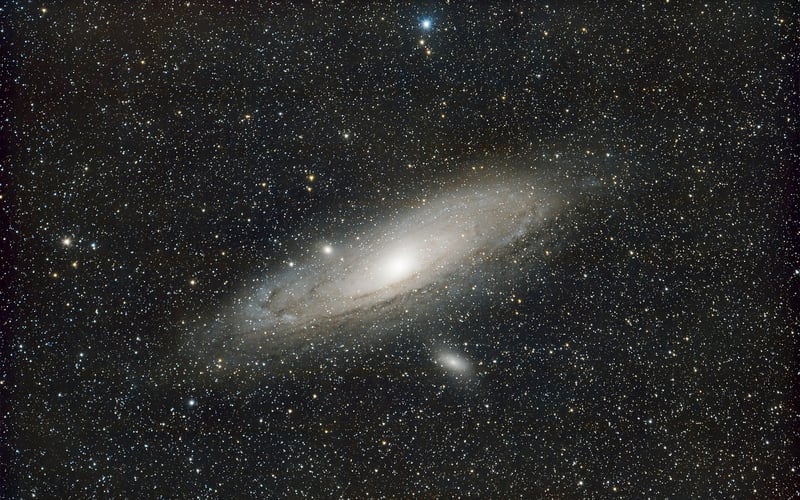Astrobiology Studies
Unlocking the Mysteries of Space and Astrobiology Studies

Space, the final frontier, has fascinated humanity for centuries. From the twinkling stars in the night sky to the vast galaxies millions of light-years away, the mysteries of the universe have beckoned scientists and dreamers alike to explore and understand its secrets. One of the most intriguing fields that delves into these mysteries is astrobiology.
What is Astrobiology?
Astrobiology is the study of life in the universe, including its origins, evolution, distribution, and future. It combines principles from biology, chemistry, geology, physics, and astronomy to investigate the possibility of life beyond Earth. Scientists in this field explore extreme environments on Earth to understand how life could exist in harsh conditions and search for habitable environments in our solar system and beyond.
Exploring the Cosmos
Space exploration plays a crucial role in astrobiology studies. With advancements in technology, telescopes like the Hubble Space Telescope have allowed scientists to peer deep into space and observe distant galaxies, stars, and planets. Probes and rovers sent to Mars and other celestial bodies provide valuable data on the conditions and potential for life beyond our planet.
The Search for Extraterrestrial Life
One of the primary goals of astrobiology is to find evidence of extraterrestrial life. Scientists analyze the atmospheres of exoplanets for signs of habitability and search for biomarkers that indicate the presence of life. The discovery of extremophiles on Earth, organisms that thrive in extreme environments, has expanded the possibilities of where life could exist in the universe.
Collaborative Efforts
Astrobiology is a multidisciplinary field that requires collaboration between scientists from various backgrounds. Researchers work together to analyze data, conduct experiments, and develop theories about the potential for life beyond Earth. International space agencies like NASA and ESA play a vital role in funding and supporting astrobiology research.
Conclusion
As we continue to unlock the mysteries of space and push the boundaries of our understanding of the universe, astrobiology remains at the forefront of scientific exploration. The search for extraterrestrial life challenges our perceptions of what it means to be alive and opens up new possibilities for humanity's future in the cosmos.
Join us on this incredible journey as we study the mysteries of space and delve into the fascinating world of astrobiology!
